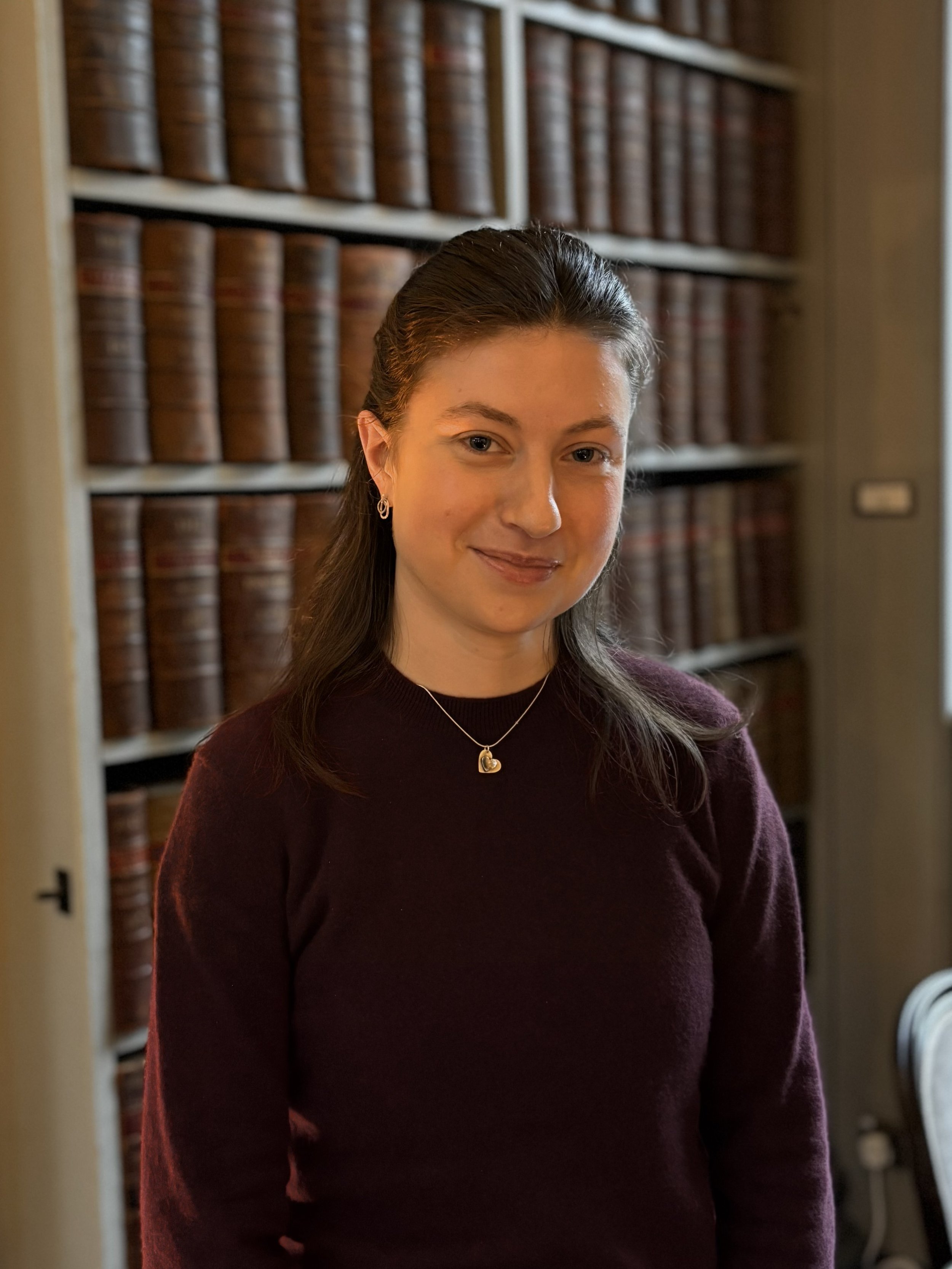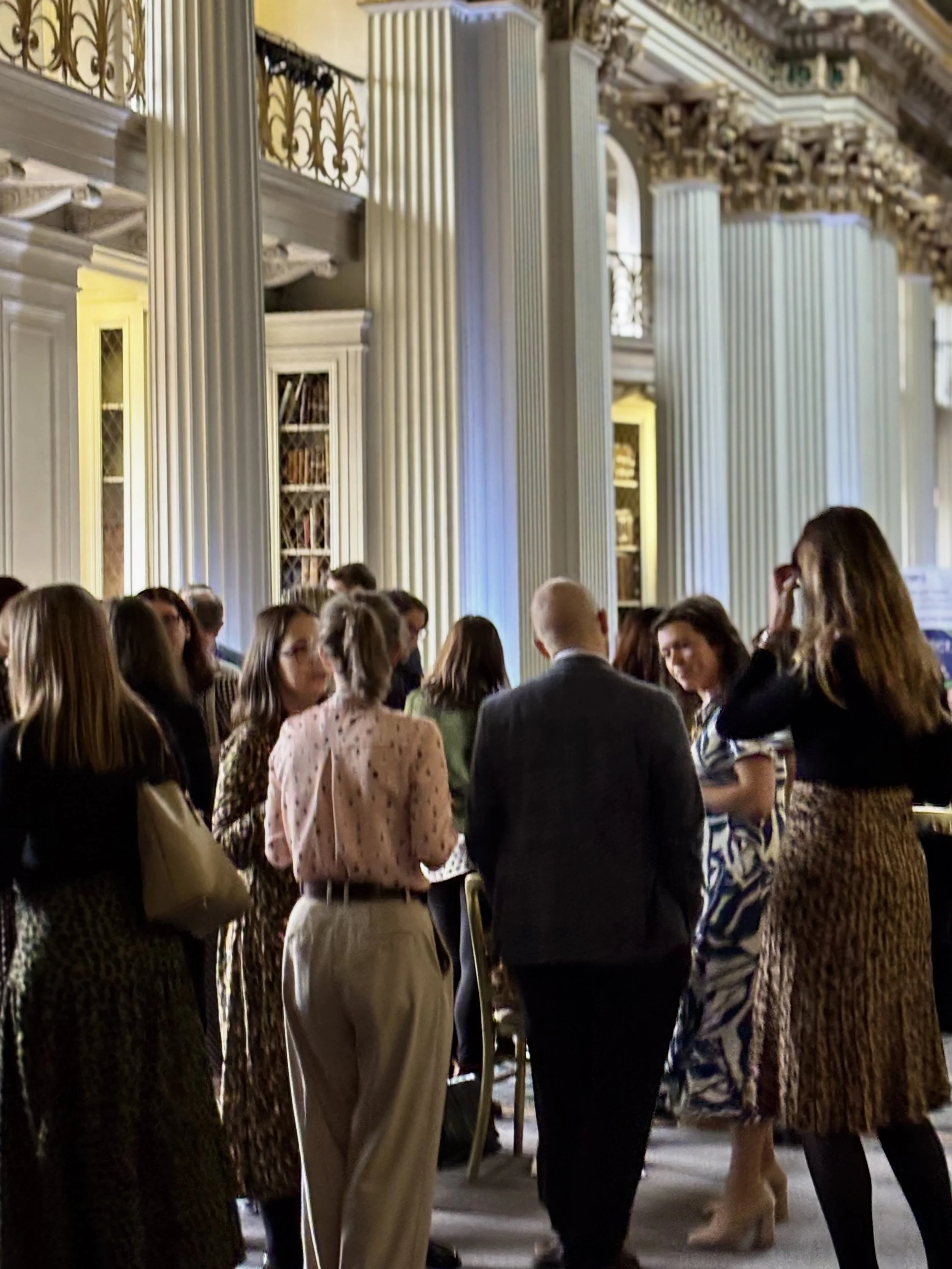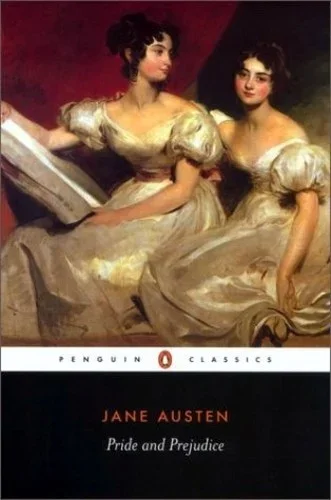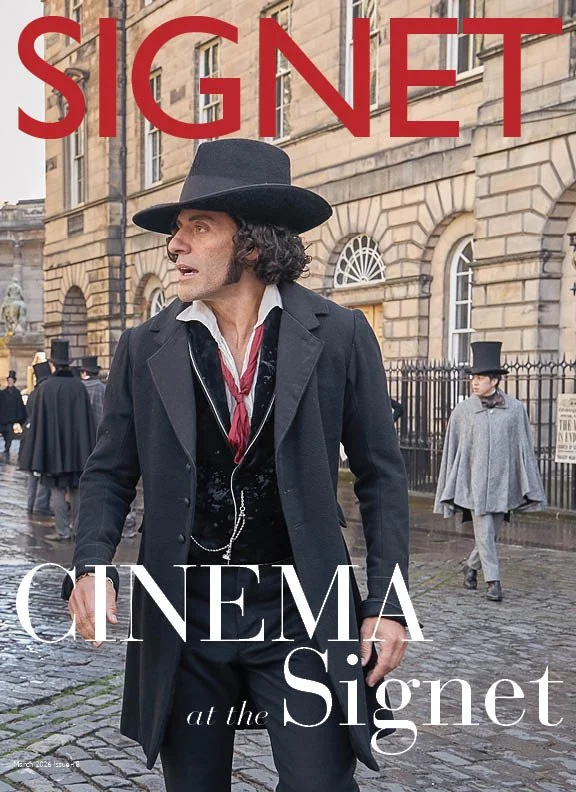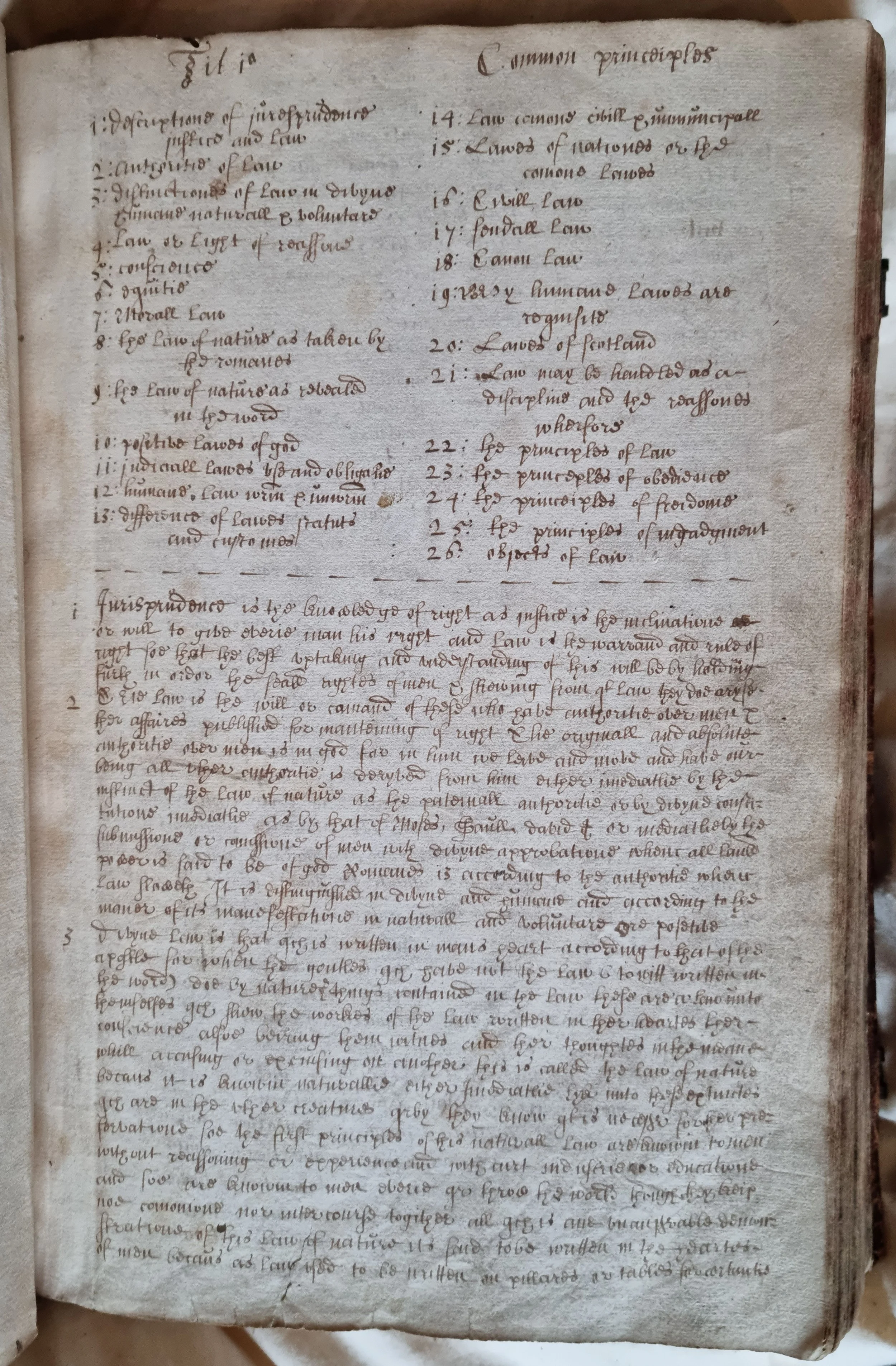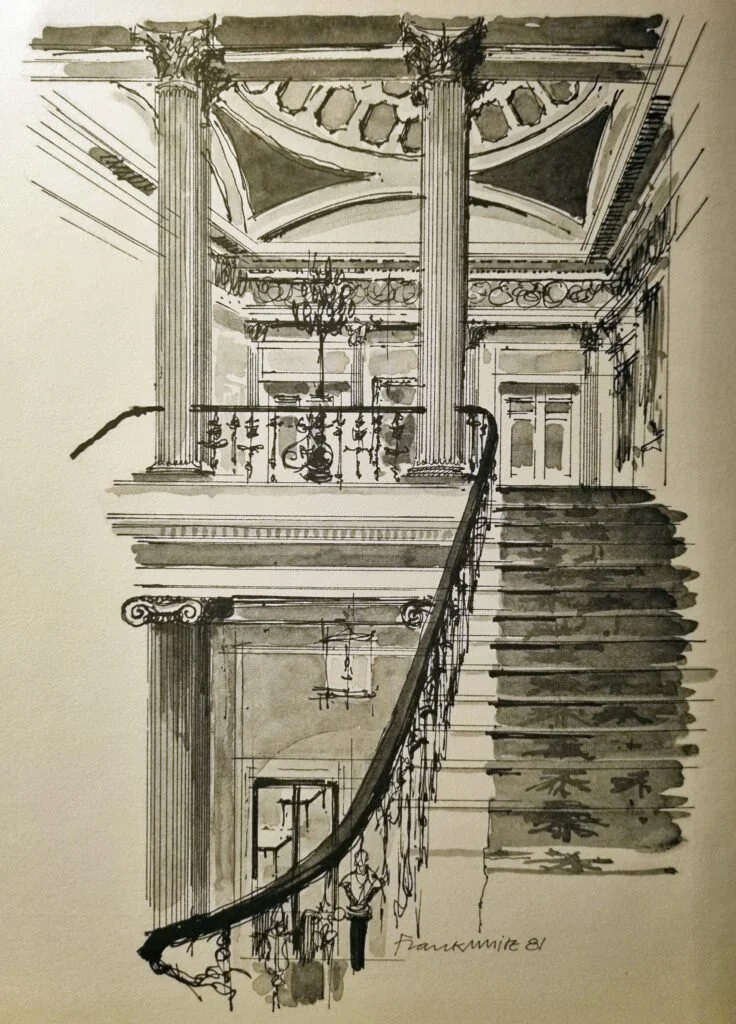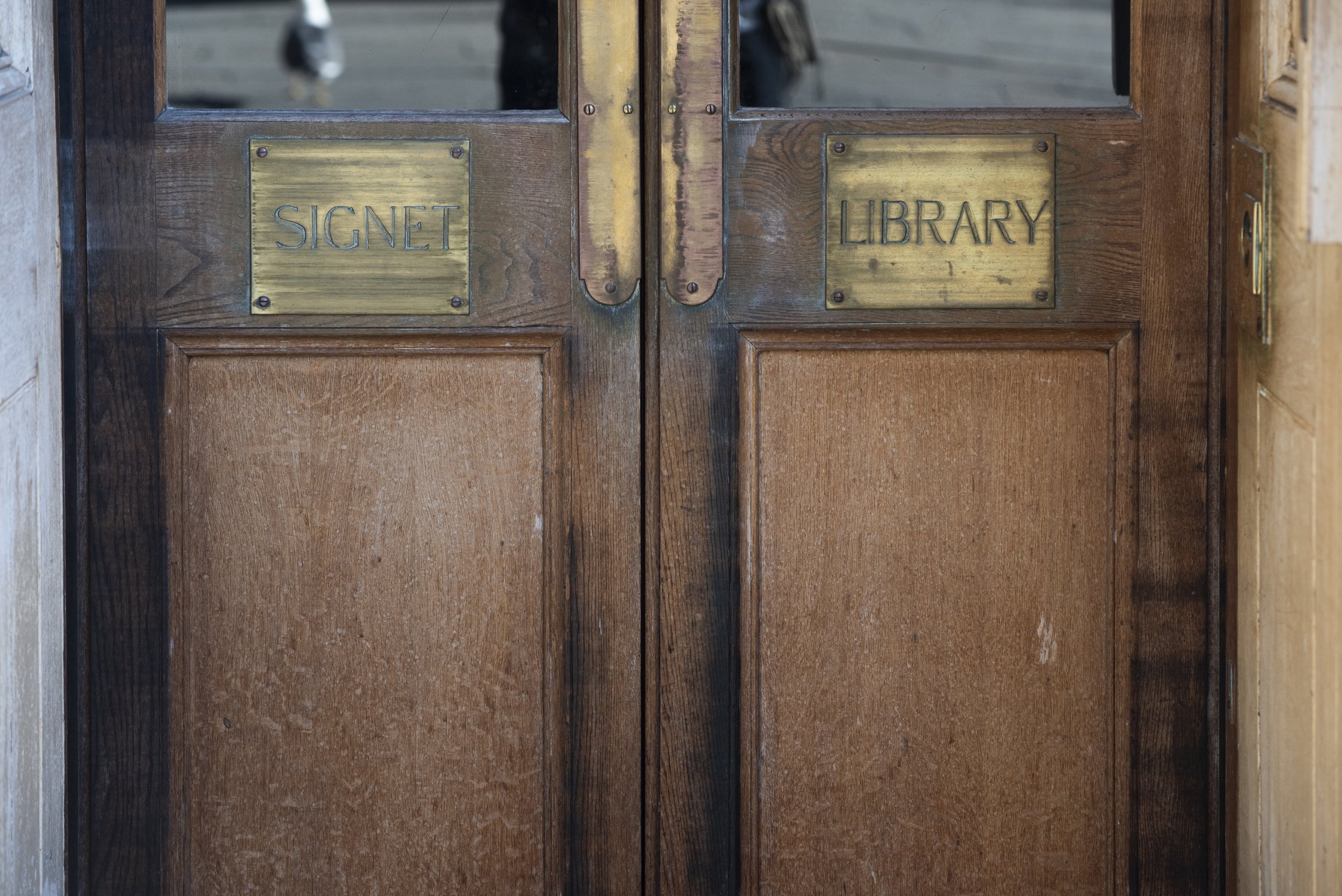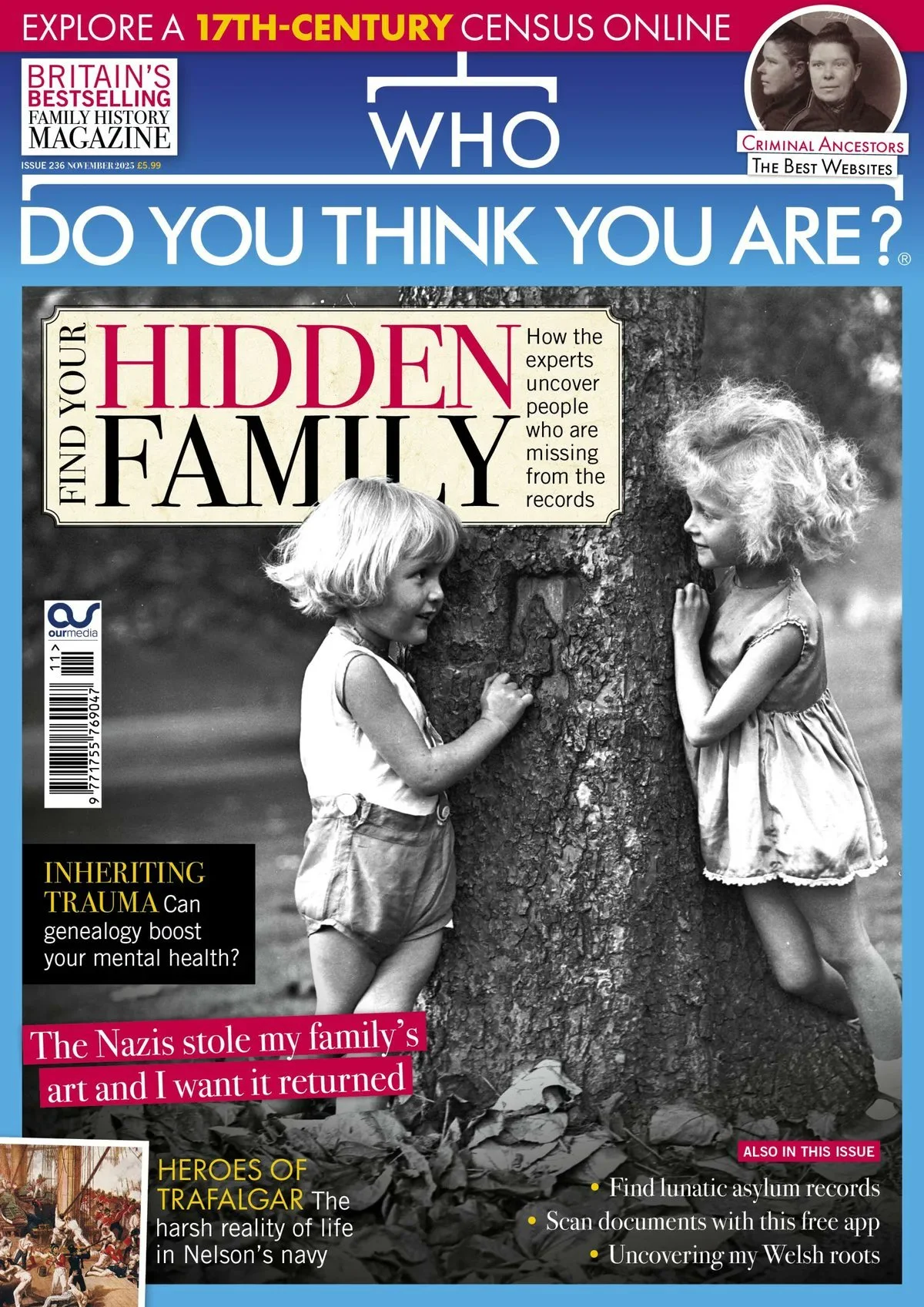We have received an exciting pro bono invitation from our colleagues at Clifford Chance regarding a project that sits at the intersection of legislative reform and social impact.
Magic Breakfast, a leading charity dedicated to ending morning hunger as a barrier to education, is seeking specialist legal support to help bring a Scottish universal school breakfast proposal to life.
The charity is looking for legal experts to assist with legislative drafting. The core of the work involves adapting existing draft provisions to ensure they align seamlessly with the Scots law framework, specifically focusing on education law, children’s wellbeing and rights and public law structures.
There is a comfortable lead time for this project, with a final deadline of 1 April 2026.
If this project resonates with your practice or your firm’s pro bono goals, please express your interest. This is a unique chance to use your expertise to ensure no child in Scotland starts their school day hungry.
KEEP YOUR MEMBERSHIP DETAILS UP TO DATE
If you have changed firms, moved house or changed your email address please let us know.
We are keen that the contact details we hold for you are up to date. Therefore, if anything has changed, please send our Membership team an email to membership@wssociety.co.uk with any updates. Thank you.
INVITATION FROM THE BOSWELL SOCIETY
The Boswell Society are extending an invitation to join a small group tour to Corsica 5 - 12 September 2026.
In 1765, young Scottish writer James Boswell embarked on journey to Corsica, during its struggle for independence. His meeting with the leader Pascal Paoli and his vivid account of Corsican life captured the imagination of Europe. To commemorate this remarkable adventure, the Boswell Society invites you to retrace his steps across the island he so passionately admired.
Places are limited and those interested in joining this bespoke adventure should contact Richard Davies.
DUNDEE STUDENT LAW REVIEW — CALL FOR PAPERS
The Dundee Student Law Review (DSLR) is a student-run, peer-reviewed legal academic journal, which is now making a call for papers for Volume XII. Volume XII’s theme is set to focus on climate change challenges, energy solutions, and other related topics.
For both inspiration and guidance, the quote provided below captures the essence of what the DSLR aims to have students critically engage with:
“There is again concern over Greenland and West Antarctic ice sheet melt, with the Atlantic Meridional Overturning Circulation] (AMOC) collapsing, bringing severe regional weather changes. These, however, are still projected events that can be avoided should considerable investment and development of sustainable technologies occur.” (A Guide to the New Energies, 2nd edn, Aberlour Press Ltd 2023)
The DSLR invites any member of the WS, either full member, affiliate or student, to submit work that discusses any desired area or aspect of law within the above-noted theme for the new issue.
Please include your full name and the aspect or area of law the submission discusses
Submissions that offer a critical or original perspective to the given theme will be prioritised
Please omit your name from the article itself as all submissions will be edited/reviewed anonymously to ensure fair practice
Submissions should be no longer than 10,000 words
Please refer to OSCOLA for citing sources
The deadline for submissions for Volume XII is 25th May 2026. Submissions should be emailed as attachments to: law-studentreview@dundee.ac.uk:
EMPLOYEE SPOTLIGHT — KIRSTY MCEWING
Kirsty McEwing
Kirsty is a University of Aberdeen graduate and a first year trainee solicitor at the WS Society.
Sarah Leask sat down with Kirsty to discuss why she decided to pursue law as a career path, her experiences and impressions as a trainee of the WS Society.
SIGNET CPD 2026
As we move into 2026, the WS Society continues its charitable mission of advancing legal education with a sophisticated line-up of CPD conferences. Hosted within the neoclassical halls of the Signet Library in Edinburgh, this year’s programme is designed to bridge the gap between centuries-old legal tradition and the rapid technological shifts of the modern era.
Collaboration remains a cornerstone of the Society’s success. This year, we are proud to continue our partnerships with leading industry bodies to provide niche, high-level updates from partners STEP Scotland, the Agricultural Law Association and the Professional Negligence Lawyers Association.
Beyond the black-letter law, the 2026 series emphasises the well-being and diverse interests of our members. This year sees the expansion of our Special Interest Groups (SIGs), including the newly formed AI SIG and the Art & History SIG, ensuring that the Society remains a place where "law, history, and culture converge."
"The WS Society programme isn’t just about ticking a box for CPD hours; it’s about participating in a community that shapes the direction of the Scottish legal profession."
SIG ROUND UP AND THE NEW PERFORMANCE ARTS SIG
AI
The AI SIG met earlier this month for a focused discussion on the fast‑evolving role of artificial intelligence in the legal profession. Members identified the key areas that will shape future meetings and explored why AI has become a strategic priority for law firms.
Key discussion topics included:
Practical implementation of AI tools within firms and how they are being deployed in day‑to‑day legal work.
AI governance, ethics and risk, including issues around accountability, transparency, and data security.
Talent development and training, particularly how firms can build the skills needed to work effectively with AI and the implications for junior lawyer development.
Changes to service delivery models, examining how AI is reshaping ways of working and influencing client expectations.
Quality assurance considerations, and how firms can maintain high professional standards as technology evolves.
Future meetings will explore these themes in greater depth.
The next meeting date will be confirmed shortly. Please keep an eye on the Special Interest Group page on our website for updates.
BOOK CLUB
Book Club met on 27 January for a discussion on Perfection by Vincenzo Latronico.
The group meets approximately every six weeks, with the books for discussion alternating between contemporary award winning fiction, and more classic works. A popular genre has been “returning to books we read when younger”.
March’s meeting will be on Tuesday 10 March, 6 - 7 pm to discuss Pride and Prejudice by Jane Austin. To register for the meeting, please click here.
CHARITY AND THIRD SECTOR
The Charity and Third Sector SIG will be meeting on Thursday 5 March, 12.30 - 1.30 pm They group will be joined by The Scottish Charity Regulator (OSCR) for a 360? conversation on the implementation of the recent charity law changes in Scotland, what's next, and emerging trends in the sector.
Register for the Zoom meeting here.
GOLF
The WS Beginners Golf group has started a new six-week session at Dalmahoy Golf Club, with Pro Scott Dixon.
The groups meet on a Tuesday or a Saturday, depending on preference. Clubs can be provided and no special clothing is required other than something warm and comfortable.
Cost is £150 for 6 lessons.
If you would like to find out more, please email membership@wssociety.co.uk.
PERFORMING ARTS SIG
We are pleased to announce the launch of a new SIG, the Performing Arts SIG will focus on in-person visits to the theatre, museums, opera and ballet.
You are invited to a short Zoom call to discuss future meetings. If you are interested in contributing ideas on events to attend, please join a brief call on Monday 23 February at 12:.30 pm. Click here to register. If you are unable to attend the initial call, or have any ideas on cultural events that would be relevant to the group, please email the Membership team at membership@wssociety.co.uk.
ART SIG, HISTORY SIG AND STUDENT SIG
Please check the Special Interest Group page on our website for future meetings.
SIGNET MAGAZINE
FRANKENSTEIN covers March SIGNET magazine
edited by Robert Pirrie WS
COVER STORY – Frankenstein and film.
NEW FELLOWS – Lord Hodge and Lord Carloway.
HAMILTON PALACE – Dr Godfrey Evans on lost magnificence.
ANGIOLINI INQUIRY – Keeper of the Signet, Lady Angiolini.
SPOTLIGHT, ADMISSIONS, ANNUAL DINNER and much more.
THE LAMB MANUSCRIPT OF STAIR’S INSTITUTIONS OF THE LAW OF SCOTLAND
Attendees at the last WS Society Annual Dinner may recall the small exhibition in the lobby which commemorated the 110th anniversary of the donation to the Signet Library of the manuscript of Sir Walter Scott’s novel Bride of Lammermoor. On display that evening was a legal manuscript in the Society’s collections which a re-cataloguing project had revealed to be a seventeenth century manuscript copy of the Earl of Stair’s pivotal work The Institutions of the Law of Scotland which brought all of the disparate elements of the Scottish law into one system for the first time.
Stair had originally written the work in 1659-1662, and it had circulated in handwritten form, revised in 1666, until its first printing in 1682. The Signet Library holds four of these handwritten copies, known as the Anderson, Burnside, Smyth and Lamb manuscripts, and they are among the earlier of the copies that survive in the world’s libraries and other collections. The new discovery – the Lamb MS – has just been examined by Professor Adelyn Wilson, whose brilliant analysis of the Stair MS in Scottish libraries was published by the Stair Society in 2015.
Research is still continuing, but at present it appears likely that the Lamb MS is “an early example of the earliest text” and related to the Brousterland MS in the second largest identifiable “group” of the Stair MS. This means that with the other three Signet Library MS representing Stair’s 1666 revisions, and finding places in each of the main three “family trees” of Stair MS (related by one MS being copied from another and identified as such by internal evidence), the Signet Library collection of Stair MS can demonstrate and display most of the process that led to the first and second printed editions of Stair’s Institutions. The Library holds excellent examples of all of the printed editions, so the story of this most important Scottish legal text can be found and told from within our own walls.
BREAKFAST NETWORKING AT THE SIGNET LIBRARY
The Society is pleased to invite members to a breakfast networking event on Tuesday 10 February, from 08.00 to 09.00 am, at the Signet Library.
This will provide the opportunity to make connections with fellow members, during a relaxed and informal event.
Feel free to attend for the full hour or simply pop in before you head to work for the day!
To help us plan catering, we’d appreciate it if you could let us know whether you plan to attend. Please email membership@wssociety.co.uk. However, you’re very welcome to drop in on the day even if you haven’t RSVP’d.
We look forward to welcoming you next month.
Please note we will be holding more Breakfast Networking events during the year. Please contact Sarah Leask with any questions.
“1890” AND ALL THAT: TOWARDS A NEW HISTORY OF THE WS SOCIETY
2025 marks the 135th anniversary of the publication of The History of the Society of Writers to His Majesty’s Signet.
The long introductory essays to the 1890 History remain the canonical account of the Society to this day, supplemented by those to the supplements issued in 1936 and 1983. The “1890” was the first full-scale attempt to write a history of a Scottish legal organisation and stands up well in comparison with those that came after. Nevertheless, historical practice and thought has changed and developed considerably in subsequent years. This exhibition explores the history of the “1890” and its successors of 1936 and 1983, looking at some avenues that might be taken were a similar history to be attempted today.
At the heart of this exhibition is a research project about John Watson’s Institution, undertaken for the Signet Library by Dr. Kit Baston and Jo Hockey with funding from the Old Edinburgh Club. The 1828 founding and establishment by the Writers to the Signet of John Watson’s Institution, the famous Edinburgh school for orphans, was a key moment in the WS Society’s history, and the project offers mapping and interpretation of an extensive key archive of documents relating to the early years of the school.
Over the 135 years since the publication of the “1890”, views on what would constitute a history of an organisation such as the WS Society have shifted and widened. This might be described in terms of three linked but separable discussions: the life and activity of the Society, its officers and its adjuncts; the legal careers of the Society’s lawyers and the interaction of the Society and its lawyers with the wider legal world; and the impact of the Society’s members on the wider culture in terms of knowledge, literature, art, sport.
The “1890” took the view that it was a history of the activities and administration of the Society as an entity, and the relationship and interaction of that entity with the wider social and political world.
The professional lives and activities of the Writers to the Signet in the wider legal world is an area little touched on by the “1890.” The working life of the Scottish solicitor through history is a relatively young field of scholarship, and we will reflect on some of the avenues this new work has opened up. A recent research project undertaken for the WS Society by the archivist Vilde Bentsen has mapped an archive of correspondence to the last Victorian Deputy Keeper of the Signet, Sir Charles Logan, and this exhibition will discuss how his letters may throw new light onto the exercise of the office of Deputy Keeper at a crucial moment.
Rather less touched upon as an aspect of WS Society history is the contribution made by the Society’s members – and also, very notably, by its employees – to the social and cultural world outwith the law. This exhibition will consider examples of the way Writers to the Signet and the Signet Library’s librarians have played important roles which are so often overlooked given the Society’s ancient legal focus.
SIGNET LIBRARY OPENING HOURS
Please be advised that the Signet Library will be closed for visitors and all library and research enquiries from 23 December until 5 January. We will resume our regular services and welcome visitors back to the Library on Monday 5 January.
Our membership team can be contacted throughout the festive period at membership@wssociety.co.uk or 0131 220 3249.
We wish all our members a peaceful festive season and look forward to seeing you in the New Year.
WS GOLF SIG
Our beginners golf group are encouraging new members.
The SIG is starting a new 6 week session at Dalmahoy Golf Club, Edinburgh on Tuesday 20th and Saturday 24th January 2026 with Pro Scott Dixon.
The two groups meet on a Tuesday or a Saturday depending on your preference. These can be interchanged if one is missed.
Clubs can be provided and no special clothing is required, just something warm and comfortable.
The cost is £150 for 6 lessons.
If you would like to join, please email membership@wssociety.co.uk.
WS BOOK CLUB
Book Club meets approximately every 6 weeks, with the books for discussion alternating between contemporary award winning fiction, and more classic works. A popular genre in 2025 has been “returning to books we read when younger.” Future books the group have identified for 2026 are The Lost Daughter by Elena Ferrante, The Tattooist of Auschwitz by Heather Morris and Pride and Prejudice by Jane Austen.
The next meeting will be held on Wednesday 28 January, to discuss Perfection by Vincenzo Latronico. Superbly translated by Sophie Hughes, Vincenzo Latronico’s Perfection is a taut, spare sociological novel about the emptiness of contemporary existence, scathing and brilliantly affecting. The Times Book of the Year 2025 and winner of multiple other awards.
Register for the Zoom meeting here.
MEMBER SPOTLIGHT — UCHE LLOKA AWS
For our final Member Spotlight of 2025, we sat down with Associate member, Dr Uche Iloka. We talked about being a “pracademic” and what it means to be a member of the WS Society.
ANGIOLINI INQUIRY: PART 2 FIRST REPORT
As the WS Society serves a legal community dedicated to justice and the rule of law, we reflect on the findings of the Angiolini Inquiry, of which our Keeper, Lady Elish Angiolini LT KC, is the independent Chair. Following the publication of Part 2, the Inquiry highlights a sobering reality regarding the safety of women and girls in public spaces; a matter described now as a ‘national threat’.
As the Inquiry moves into its next phases — investigating broader policing culture and the crimes of David Carrick — we encourage our members to engage with the full findings.
STRATEGIC PARTNERSHIP — HERITAGE PORTFOLIO CONTRACT EXTENSION
A contract renewal has been signed at the Signet Library to continue our successful 25-year partnership with Heritage Portfolio Limited for hospitality. Extending the relationship for another 12 years, the new contract will see Heritage Portfolio investing in a series of improvements to both front- and back-of-house facilities to enhance the experience at the Signet Library.
Among Heritage Portfolio’s investment commitments is a significant contribution to the funding of a lift in the entrance lobby to achieve step-free access to the Upper Library. With over 10,500 guests attending being served in the building over the course of this year, it is of the utmost importance that this long-planned solution is implemented. With the support of the Keeper of the Signet, Lady Elish Angiolini LT KC, Deputy Keeper Jim Cormack WS KC and his fellow-trustees are embarking on raising the remaining investment required from charitable and philanthropic sources.
Everything Heritage Portfolio do at the Signet Library expresses the Signet Library’s brand, which is consistent across the remarkable range of activities and events that take place in this most charismatic of buildings. Whether it’s being admitted as a Writer to the Signet, attending a CPD conference, submitting a legal research enquiry, taking a historical tour, hearing a lecture, consulting archives, being served at Colonnades, getting married, attending a formal dinner, or just walking through the door — the experience will balance modernity and continuity and reflect our values of excellence, permanence, and integrity.
For a quarter of a century, the Signet Library has enjoyed a strategic partnership with Heritage Portfolio to help deliver on that promise. Long may it continue to do so.
JOHN WATSON WS RESEARCH PROJECT
The November 2025 issue of the well-known genealogical magazine Who Do You Think You Are featured the WS Society’s project to conserve and catalogue a large archive of records relating to the early year of the WS Society’s school for orphans, John Watson’s Institution. The project has been made possible by generous funding from the Old Edinburgh Club’s Jean Guild grant scheme.
Research was undertaken by Dr Kit Baston and Jo Hockey with support from our Research Principal James Hamilton.
CAROL CONCERT
Join us on Tuesday 16 December 2025 to celebrate Christmas at the Signet Library with the Choir of St Mary’s Episcopal Cathedral (SC014741). With carols old and new from across the world, this year’s concert is a wonderful occasion to entertain family, friends and colleagues in the run up to the festivities.
Led by Master of the Music at St Mary’s Cathedral, Duncan Ferguson, the internationally acclaimed choir consists of choristers aged 9 - 13, university choral scholars and professional musicians, and is described as ‘one of Scotland’s musical jewels.’
Not to be missed, this unique event brings together two of Scotland’s oldest charitable institutions in an atmospheric chemistry of music, architecture and Christmas tradition.
Doors open at 5.30 pm for a 6.00 pm start. The event will finish by 6.40 pm.
This event is open to all.
Tickets: £20.00 inclusive of VAT. Children under 14 free of charge.
Colonnades at the Signet Library will be open throughout the afternoon and until 8 pm for drinks before or after the carol concert. Contact Glenn D'Costa, Maître D on 0131 226 1064 to book.
For more information, contact membership.
BRIDE OF LAMMERMOOR & VISCOUNT STAIR
“We do not pretend to be amongft the Great and Rich Kingdoms of the Earth, yet we know not who can claim preference in Antiquity and Integrity,,”
2026 will mark the 110th anniversary of the 1916 donation of the manuscript of Sir Walter Scott’s 1819 novel Bride of Lammermoor which was displayed to guests at our Annual Dinner 2025.
Lammermoor tells the story of the madness that descends upon a young woman forced into marriage and separated from the man she loves on political grounds. It’s an extraordinary narrative — and one, incredibly, based on fact, rooted in real events in the life of the great pioneer of Scots Law, James Dalrymple, 1st Viscount Stair.
Stair’s Institutions of the Law of Scotland is indisputably the most important text in Scots Law. First written in 1659-62, it circulated in handwritten copies from twenty years before being printed. The Signet Library owns four of the early pre-1681 handwritten copies, and a 1667 copy was displayed at the Annual Dinner.
Stair wrote his institutions in the aftermath of the conquest of Scotland by Lord Protector Cromwell, the only successful invasion in the nation’s history. Stair’s remarkable, enduring celebrations of the “Antiquity and Integrity” of Scots Law helped see it through the 1707 Union negotiations and into its current day status as one of the great European jurisdictions. The book remains the greatest of the institutional writings of Scots Law and remains a core authority in court pleadings today.

